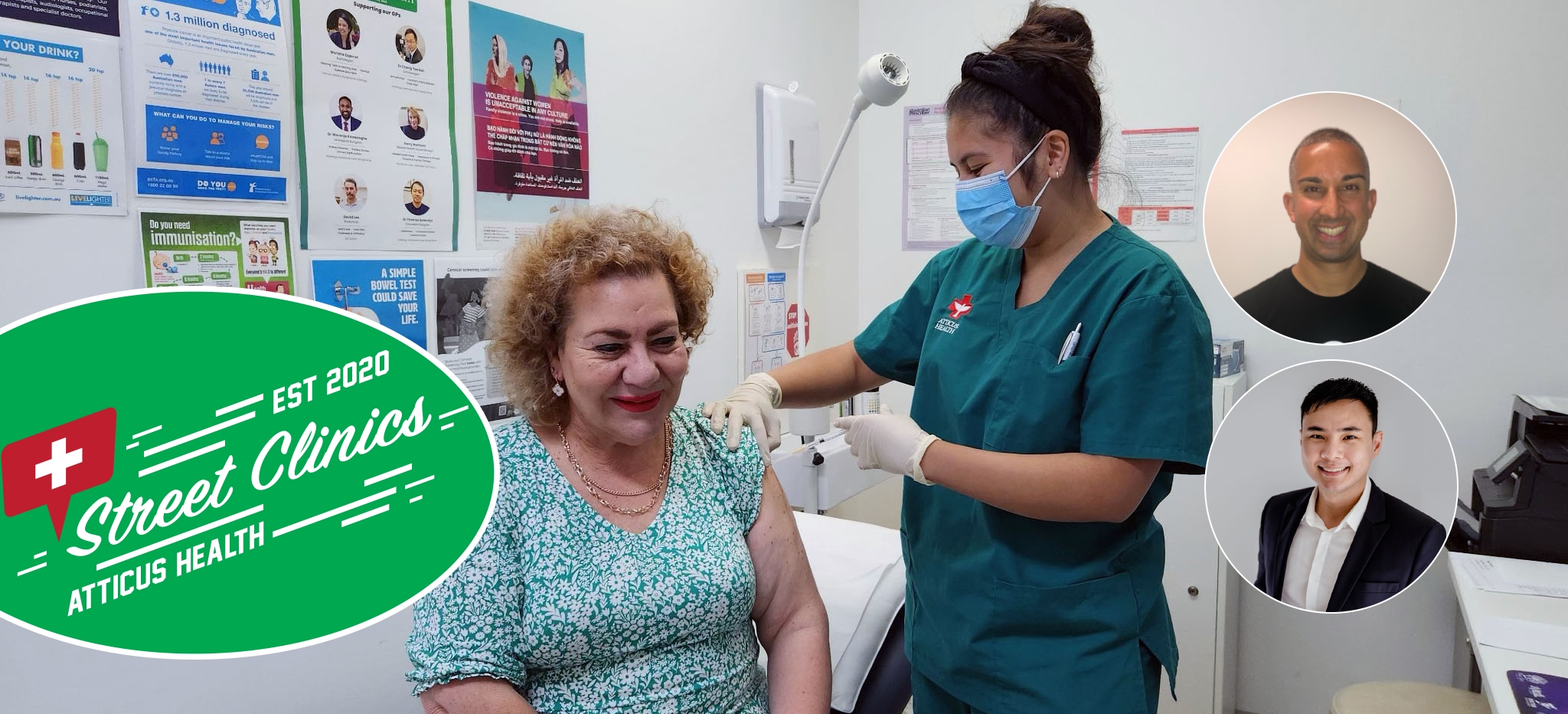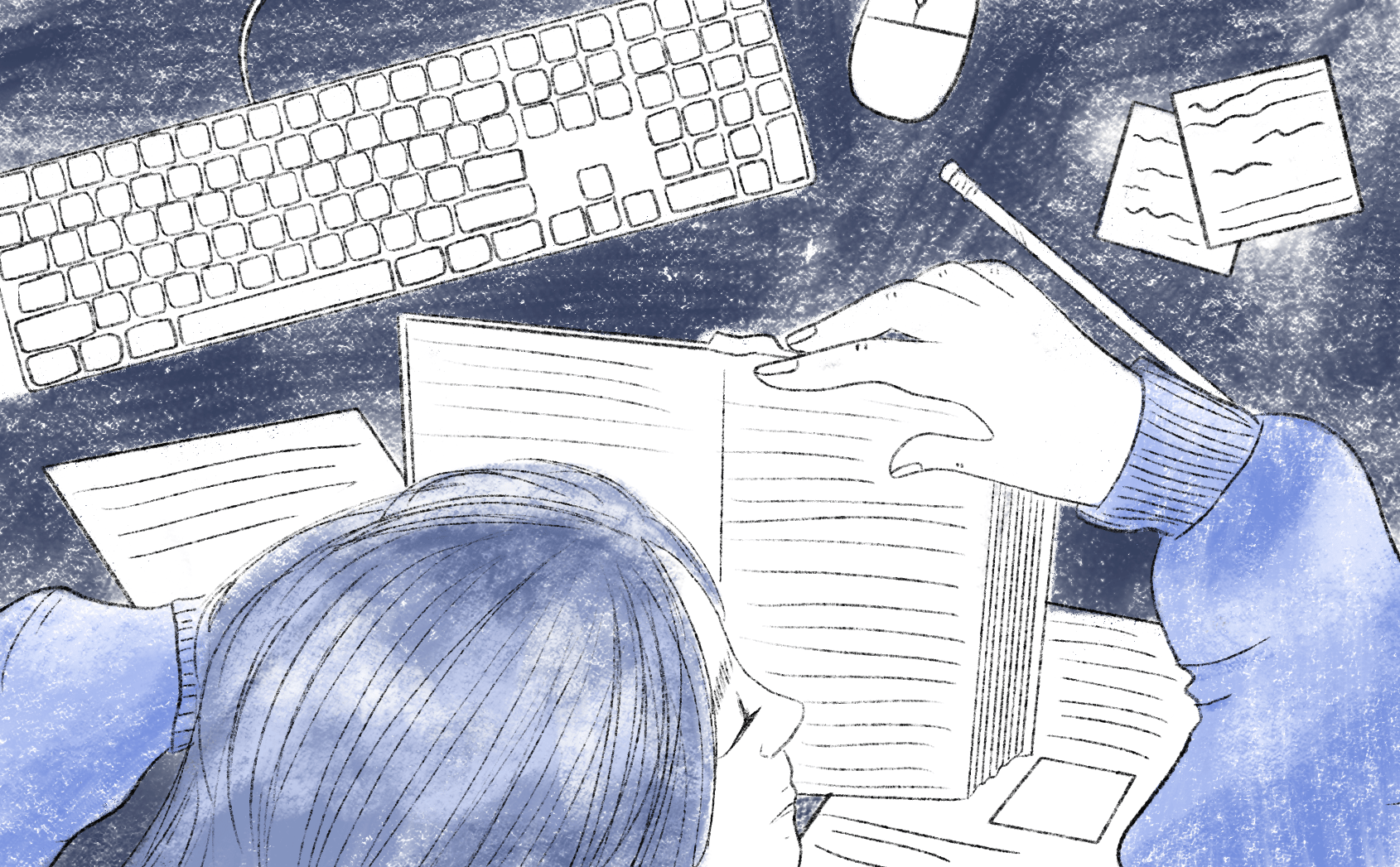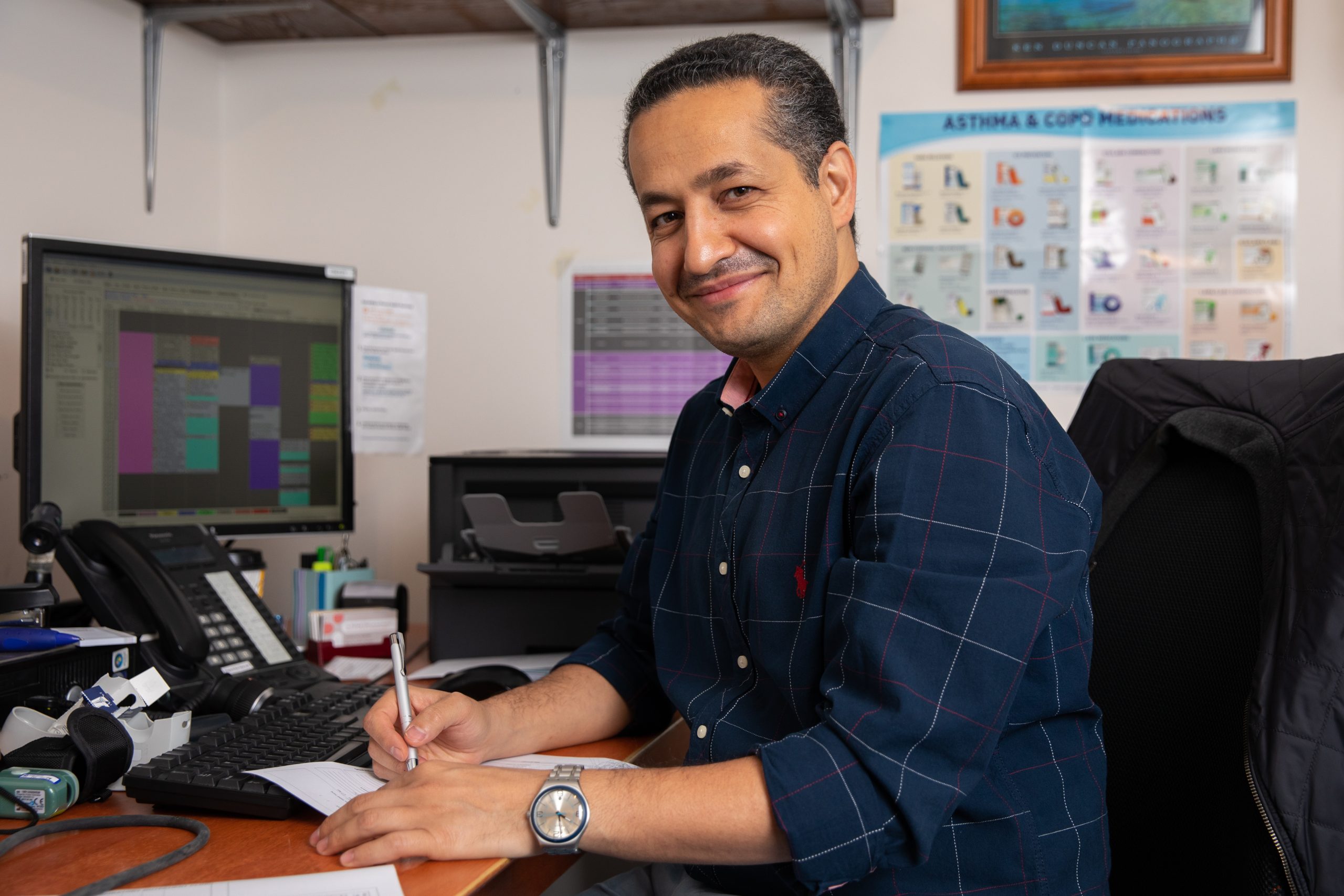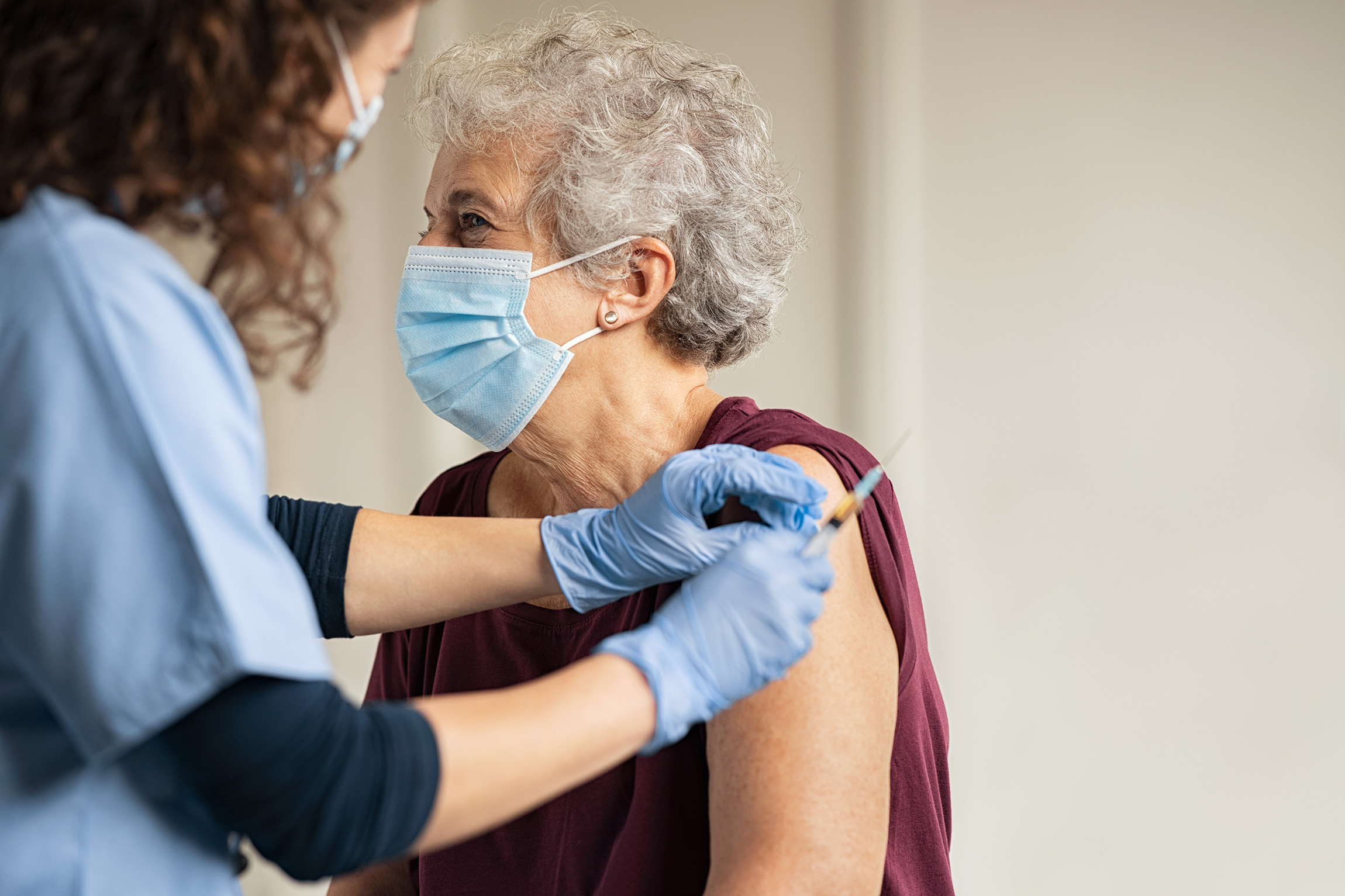Recently I had a chat with a couple of patients, and they mentioned that what I said was helpful. So, I thought I’d share these thoughts in a general forum, such as this one.
1. Consider first your true beliefs and where your faith rests. The first part of this relates to thinking about an outcome. The context I had brought this up in was with children. The basic point is a simple one. When you look at a situation, for example, a concern about a child’s mental development, what YOU really think, believe and perhaps fear is going to happen is important in the outcome. Looking at this in a brutally honest way, you risk inadvertently transferring those truest beliefs of yours onto your child, such that the outcome you really feared, happens. For example, if you often enough repeated to a teenager, “Carry on like that and you’ll be in jail by the time you’re 18.” You know what’s going to happen – they’ll be in jail by their 18th birthday. And as much as it’s the repeating mention of it, if you really mean it, and feel it, you’ll somehow be complicit in making it happen. Whatever your true, honest belief is, wherever you put your faith, you steer life in that direction. Be totally true about your own beliefs and where your faith lies, before trying to affect anything outside of yourself.
Coming back to the point of children, they need to feel your honest belief and faith in them. That guides them. There’s an aspect of unconditional love that comes through when children know you really do believe and have faith in them as a person. No strings attached. That you believe they’re a good person, and that ultimately they’ll shine. If you don’t really believe that about your own child, whatever your alternative belief is, you’ll aid and abet it.
This same concept of questioning your true belief and where your faith truly lies can be equally used for the goals you set in your life. You need to be brutally honest with yourself about these things and interrogate what you really think, before your ever start acting. Lest you’ll repeatedly gravitate in an unintended direction and never quite understand why. Mindset is everything when it comes to achieving a goal.
2. Personal development needs to ultimately be outward-focused and selfless. The endpoint of any personal development needs to be outward focusing, or else you’re stuck in a never-ending painful loop. The point being, to focus on yourself your whole life, could actually become a mental prison. Imagine walking into a party, or being in a meeting at work, and instead of being able to focus on, and indeed enjoy, the people around you, your focus gets solely occupied on yourself. How you are interacting, functioning, performing and feeling. It’s very daunting and creates a pressure cooker effect. The best outcome from personal development is the construction of a mental state that allows you to in fact forget yourself in the company of others, surrounded by life.
As I walk around, I understand that there are both inanimate objects (perhaps that were once alive) and there are living things that are changing, evolving, reproducing, and dying. Whatever I interact with, I want to enjoy. And to do that, I’ve learnt to put myself aside. That’s why often it’s said that immersing yourself in nature is good for mental health. The question is why? How? I would say that immersing yourself in nature, takes you down the same path of actually surrendering yourself to the things around you, and in the process, forgetting yourself. Finding yourself, by losing yourself.
To sum up the above, the eventual outcome of counselling and any form of personal development needs to be held firmly as a selfless pursuit. By all means, learn all these things about yourself, so that you may, in fact, be released from yourself, to forget yourself, to take yourself for granted and be able to enjoy the company of others and be there for the service of others. To learn about them and to empathise with them. This may sound counterintuitive, but it’s a privilege and sheer pleasure to forget yourself in the company of others. In doing so, enjoy the life brimming around you, and feel a oneness with that life.
I’m not sure if I’ve expressed my thoughts in writing as well as I may have in speaking, face to face, one on one. Nevertheless, I hope there’s still something there that will help your day.





